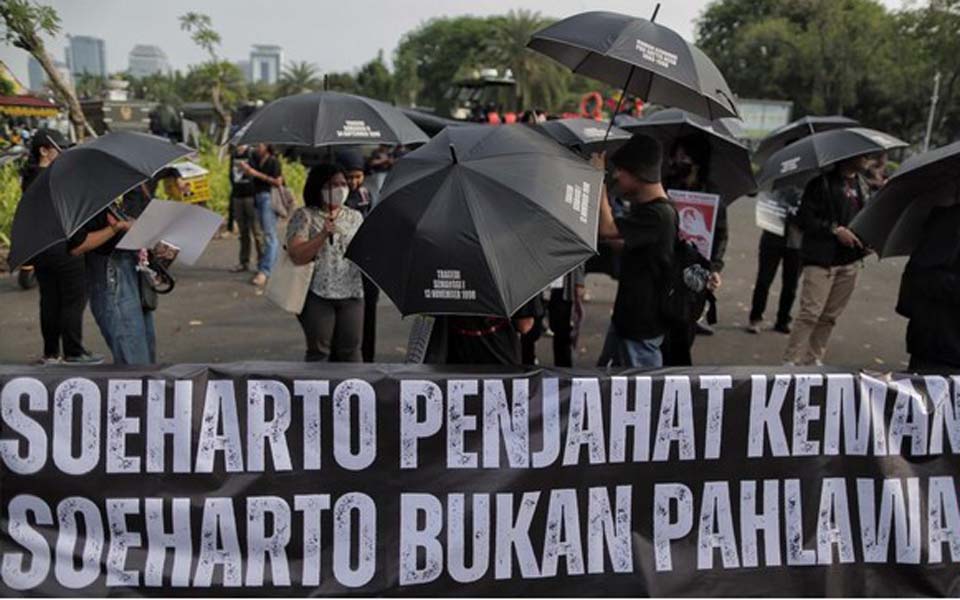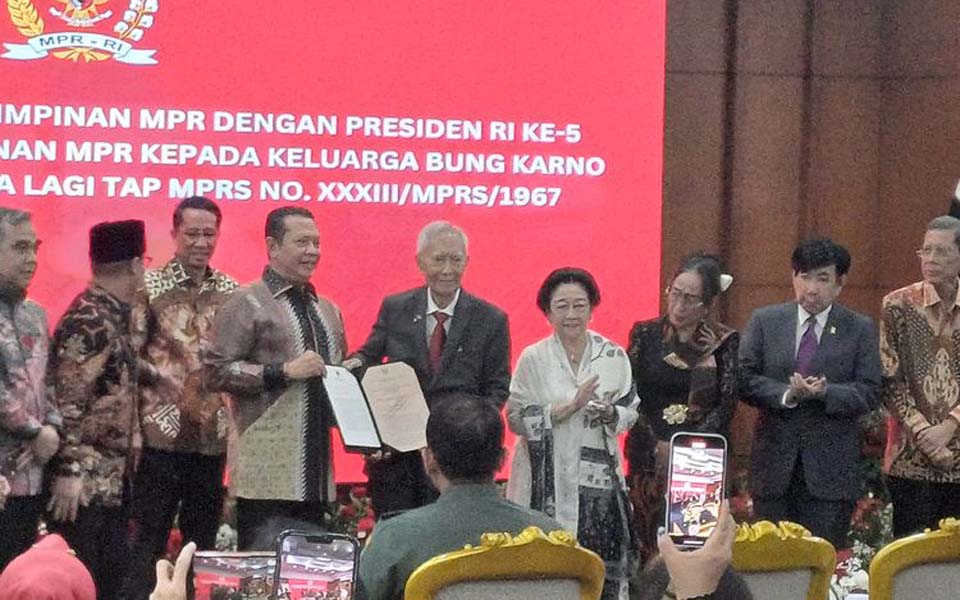Erwin Dariyanto, Jakarta – Following the September 30 Movement (G30S) movement in 1965 there were tensions between the military and then Indonesian President Sukarno.
In mid-October the issue of an army coup d’etat emerged and became the subject of serious discussions within foreign embassy circles in Jakarta at the time.
“According to the German Embassy office in Indonesia, the Indonesian military may be planning to overthrow Sukarno and has approached several Western embassies to inform them of the possibility that such a move may take place”, read a diplomatic cable from US Ambassador Marshall Green to the Secretary of State in Washington dated October 12, 1965.
The German Embassy obtained the information from a German businessperson in Indonesia who got it from a senior Indonesian military officer.
An informant at the German Embassy in Jakarta also reported that on October 10, 1965 President Sukarno received a senior military officer at the State Palace. The senior military officer presented Sukarno with a report on the Indonesian Communist Party (PKI) rebellion on September 30.
President Sukarno however refused to read the report. Bung [brother] Karno became enraged because he believed it slandered the PKI. “The general then left feeling frustrated”, read the US Embassy diplomatic cable.
The classified cables were released to the public on Tuesday October 17 and quoted by Detik.com from the website http:// nsarchive2.gwu.edu on Wednesday October 18.
The release of the classified diplomatic cables was made possible through cooperation between three non-profit US foundations: The National Security Archive (NSA), the National Declassification Center (NDC) (both non-profit) and the National Archives and Records Administration (NARA).
Thirty-nine documents (between 1964 and 1968) consisting of 30,000 pages were released. They contain reports on, among other things, tensions between the military and the PKI as well as tensions between senior army (TNI AD) officers and President Sukarno.
The Australian Embassy in Jakarta also confirmed the information. In a report, the Australian Embassy clearly states that the general received by Sukarno on October 10 was the then defense minister AH Nasution. It was Nasution that wrote the report on the PKI rebellion.
Nasution twice tried to get Sukarno to read the report. Unfortunately, Sukarno was concerned about the contents of report. It was this according to the reports by the foreign embassies in Jakarta that created the tension between Sukarno and the TNI AD.
The German businessperson informant said that the military would, as soon as possible, try to overthrow Sukarno. “If carried out, it would be done through a sudden move without warning and Sukarno would be replaced with a combined military and civilian junta”, read the report.
The TNI AD also asked Western embassies for economic assistance in the form of food and money after Sukarno had been overthrown. (erd/jat)
[Translated by James Balowski. The original title of the article was Saat Isu Sukarno Dikudeta Jadi Perbincangan Dubes Asing di Jakarta.]















